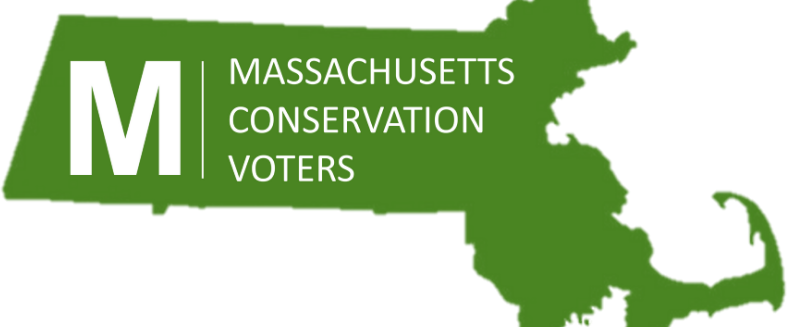Jennifer Frank | Next City | March 15, 2021
https://nextcity.org/daily/entry/medical-providers-are-taking-nature-therapy-seriously
Schools were closed and online learning was in full swing last March when a teenager and her mom arrived at Fair Haven Community Health Care in New Haven.
The girl had been experiencing chest pains and her worried mother thought she should go to the emergency room, recalled Amanda E. DeCew, a Fair Haven clinic director and pediatric nurse.
The girl “was spending her entire day inside and had been inside for like two weeks,” DeCew said. “But the more we got into her symptoms, the more I really felt like this was anxiety and nothing that she needed to go the emergency room for.”
But DeCew also knew that some kind of medical intervention was needed. “I’m going to write a park prescription for you,” she told the girl. “Just try this for today.”
In a follow-up call the next day, the teenager told DeCew she felt much better. “Her symptoms went away,” DeCew said, “just by going on a walk.”
‘Nature Deficit Disorder’
A nature health movement is spreading across the globe. Sometimes referred to as ecotherapy, or nature therapy, its earliest manifestation was several decades ago in highly urbanized Japan, where the government introduced a national health program called shinrin-yoku, or “forest bathing.”
The practice—which has nothing to do with unclothing or getting wet!—promotes immersing oneself, using all five senses, in the natural world. Japan today has more than 60 government-certified forest bathing sites.
In his 2018 book on the subject, Dr. Qing Li, founder of the Forest Therapy Study Group, said scientists have found forest bathing can lower blood pressure and stress, improve concentration and memory, lift depression and boost the immune system, among other health benefits.
In the U.S., Richard Louv’s 2005 book “Last Child in the Woods” was the nature-health movement’s call to arms here, focusing on children and their increasing disconnect from nature. Sedentary and tech-addicted children suffer from “nature deficit disorder,” Louv argued, a condition with significant health and psychological implications.
Children In Need
Even before COVID-19 hit, rates of mental health issues were rising among children and adolescents.
There were more than 15,300 reported episodes of Connecticut children and adolescents requiring crisis intervention in 2019, according to the 2020 annual report of Mobile Crisis Intervention Services. The program uses a network of 150 mental health professionals located throughout the state to respond to 2-1-1 calls about behavioral and mental health emergencies. The state Department of Children and Families funds the program, working in partnership with United Way of Connecticut and the Child Health and Development Institute in Farmington.
Walkers take advantage of a bright, clear day to stroll along a wooded trail in New Haven’s Edgewood Park. Scientists and medical providers are becoming increasingly impressed by how the simple act of spending time outdoors in a natural setting can lead to improved physical and mental health.
To read the full story, please click here.
